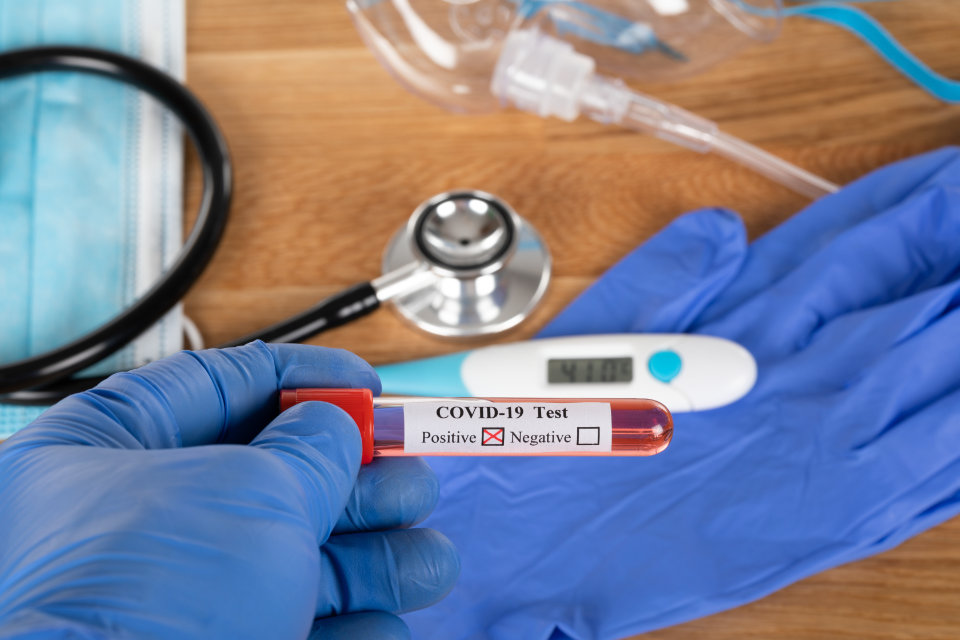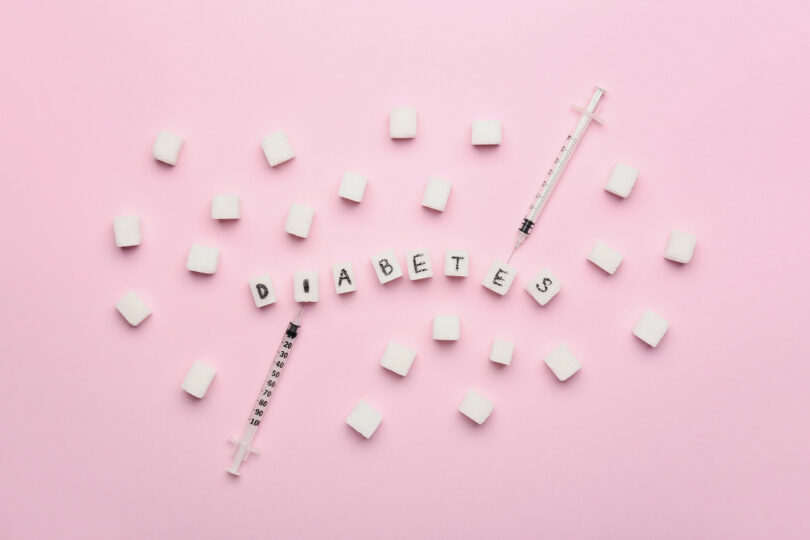As we navigate the aftermath of the COVID-19 pandemic, a pressing concern arises: the potential long-term health effects of the virus, specifically its impact on diabetes risk.
A growing body of research, including pivotal studies referenced on PubMed, is beginning to shed light on the possible connection between COVID-19 infection and an increased risk of diabetes, prompting a thorough investigation into this critical issue.
Table of Contents
Deciphering the COVID-Diabetes Link
The PubMed study sheds light on a potential connection between COVID-19 and an increased risk of developing diabetes. The mechanism is not yet fully understood, but hypotheses suggest that the virus may directly affect pancreatic beta cells, which are responsible for insulin production, or it could disrupt insulin sensitivity, leading to diabetes.
Supporting research adds weight to these claims, with several studies noting a higher incidence of diabetes in patients post-COVID-19 recovery.
However, the medical community is still evaluating whether this link is due to the virus itself or the stress and lifestyle changes associated with the pandemic.
Individual Impact and Broader Implications
For individuals, especially those with pre-existing health conditions, the potential for COVID-19 to lead to diabetes is a serious concern.
The prospect of managing a chronic condition like diabetes can impose a significant personal and financial burden.
Furthermore, on a broader scale, a surge in diabetes cases could strain health care systems still recovering from the pandemic’s impact.

Photo Credit: 123RF
Proactive Measures for Prevention and Care
In light of these findings, monitoring blood glucose levels after a COVID-19 infection has become more critical. Health professionals recommend vigilant monitoring for those who have had the virus, particularly if they exhibit symptoms of high blood sugar.
Preventive strategies are also essential. Vaccination against COVID-19, a balanced diet, and regular physical activity are key steps individuals can take to safeguard their health and potentially reduce the risk of developing diabetes.
The medical community has responded to these findings by urging health practitioners to monitor COVID-19 patients for signs of diabetes.
Ongoing research is crucial to understand the full extent of COVID-19’s impact on diabetes risk.
Managing the Risk of Diabetes in the Aftermath of COVID-19
The COVID-19 pandemic has brought new challenges to public health, with emerging research suggesting a potential increase in the risk of diabetes following infection.
In response to this, individuals and healthcare providers are seeking effective strategies to mitigate this risk.
Here’s how to proactively manage the risk of diabetes:
Proactive Measures to Mitigate Diabetes Risk
- Adopt Diabetes-Conscious Nutrition: Embrace a diet that’s low in refined sugars and saturated fats to manage the risk of diabetes, focusing on a balanced intake of nutrients that support blood sugar control.
- Exercise Regularly: Physical activity is a cornerstone in reducing the risk of diabetes, enhancing insulin sensitivity, and helping with weight control.
- Maintain a Healthy Weight: Excess body weight, particularly visceral fat, significantly increases the risk of diabetes. Strategies for healthy weight management are crucial.
- Monitor Glucose Levels: Post-COVID-19, it’s even more important to monitor blood glucose levels regularly to detect any increase in diabetes risk early on.
- Manage Stress Effectively: High stress levels can directly affect glucose metabolism, potentially increasing the risk of diabetes. Integrating stress-reduction techniques into daily routines can be beneficial.
- Abstain from Smoking: Tobacco use is a known risk factor for diabetes. Eliminating smoking can substantially reduce the risk of developing diabetes.
- Undergo Regular Health Screenings: Regular medical check-ups can help in early identification of prediabetes, allowing for timely intervention to prevent the escalation of diabetes risk.
- Stay Vaccinated Against COVID-19: With the potential link between COVID-19 and increased diabetes risk, vaccination might play a role in mitigating this risk.
Community Engagement and Healthcare Collaboration
The prevention of diabetes, particularly in the context of the COVID-19 pandemic, necessitates a synergistic effort involving individual lifestyle changes, community support, and guided healthcare interventions.
By focusing on these areas, we can work together to manage and potentially reduce the risk of diabetes in these unprecedented times.
Adapting to New Findings
As the scientific community continues to unravel the relationship between COVID-19 and diabetes, the outlined strategies serve as a proactive defense.
By prioritising these approaches, we can safeguard against the heightened risk of diabetes and ensure a healthier future in the post-pandemic era.
A Call for Continued Vigilance
The intricate relationship between COVID-19 and heightened diabetes risk continues to unfold. This demands unwavering commitment to further research and enhanced public health strategies.
This emerging risk serves as a powerful testament to the lingering health consequences of the pandemic, highlighting the critical need for ongoing vigilance.
Could the key to safeguarding our future lie in understanding and acting upon these connections today?





